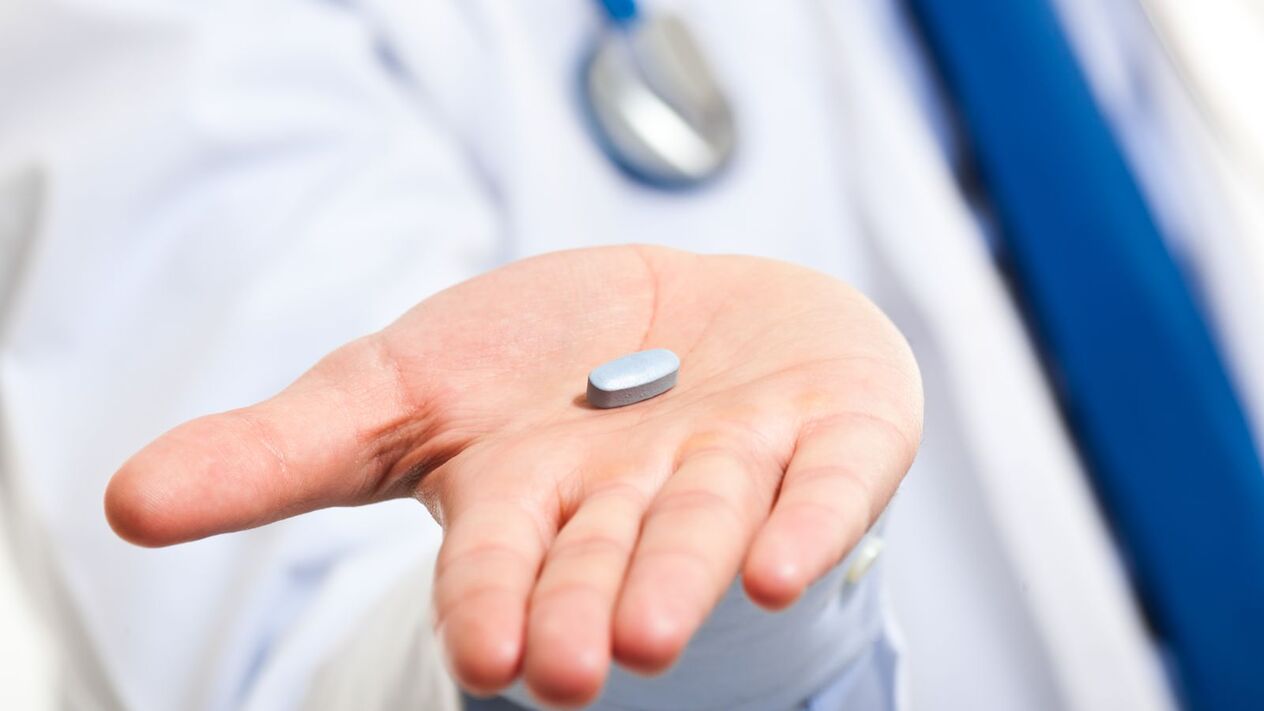
Prostatitis is a disease of the male reproductive system. It is most common in middle-aged men. There are several types of diseases, and you can get sick for a variety of reasons. Some patients self-treat prostatitis with antibiotics at home without consulting a doctor. This is not worth doing. What antibiotics to take for prostatitis, adenoma, the doctor understands better. Before starting treatment, it is very important to know what prostatitis is.
This disease occurs with inflammation of the organs of the genitourinary system of a man. Treatment is prescribed by the doctor, taking into account many individual characteristics of the patient.
Such operations are performed when a cure is not possible without a course of antibiotics. Antibiotic treatment is not always possible.
Prostatitis can be of two types: nonbacterial and bacterial. Antibiotics cannot cure non-bacterial prostatitis.
The indication for antibiotic treatment is acute persistent bacterial infection of the prostate gland. To determine how to treat the disease, the doctor prescribes the necessary tests.
Prostatitis not caused by infection
No increase in white blood cell count, negative culture tank. Also known as chronic pelvic pain.
Symptomatic treatment is performed. If the patient has a positive TB test result, they are transferred to the urology department of the TB clinic.
Prostate Tuberculosis
Diagnostic conclusions are made based on a biopsy of the prostate gland. Prostate tuberculosis develops quite rapidly. Patient complains of fatigue, low fever and malaise
Infectious form of prostatitis
With an increase in the number of white blood cells (above 25). This indicates an infectious prostatitis.
In such situations, antibiotic therapy is used. Antibiotics for prostatitis are prescribed one day after diagnosis.
The drug is chosen for the reason that the causative agent is most sensitive to it. You can take antibiotics with many effects. If the results of the treatment are not observed, then a sowing tank is conducted and drugs with a more targeted spectrum of action are prescribed.
Antibiotics
Remember that there is no antibiotic for everything at once. The antibiotic you take must be on the list of effective antibiotics.
There is no need to self-medicate, such an incurable prostatitis, only aggravates the situation. It is necessary to choose the most effective drugs.
The dose and duration of the course depend on the severity of the disease. Typically, broad-spectrum antibiotics are used for prostatitis and adenomas. The treatment lasts an average of a few months.
Therapy
Heat therapy and prostate massage can be performed only if tuberculosis is excluded, as they contribute to exacerbation of this disease.
Antidepressants and tranquilizers are used in advanced prostatitis, causing significant disruption in the patient's normal life and contributing to depression. The doctor himself will choose which antibiotic to use for prostatitis.
In addition to microorganisms, fungi are also capable of causing prostatitis. Therefore, your doctor may prescribe antibiotics to treat nonbacterial prostatitis and uncomplicated infections.
Drug classification
There are several medications to treat bacterial prostatitis. Fluoroquinolone is the most effective available today.
They are especially good at curing the bacterial form of prostatitis. Neurotoxic and phototoxic. Use if tuberculosis is completely excluded.
This medicine is used to treat all forms of tuberculosis; they cannot be used if the patient has not had a TB culture.
Anti-tuberculosis therapy includes at least four drugs. Treatment with one drug will only make the TB bacilli resistant to the drug. This is indicative of a chronic form of tuberculosis, an extremely dangerous, incurable disease of the reproductive system.
If a patient has a significant improvement after taking fluoroquinolone preparations, but after canceling the course of treatment for a few months, if they see a relapse, they should contact them for a more accurate examination, to order a tuberculosis test at a specialized facility - aTB medical station.
The use of tetracyclines has recently decreased significantly due to the development of resistance to them in most strains of pathogenic microorganisms.
Today's penicillin group is represented by modifications of amoxicillin with the addition of clavuanic acid, which has the greatest antibacterial effect.
The best antibiotic - antibiotics of the macrolide group are used infrequently in the treatment of prostatitis. Advantages: low toxicity, high activity against mycoplasma and chlamydia. It is sold in pharmacies under the names clarithromycin and azithromycin. Now you know what antibiotics are used to treat prostatitis.
Remember that effective antibiotics are those that are not resistant to microorganisms. Not all antibiotics can do this. This must be kept in mind when determining the course of treatment.
For the treatment of acute bacterial prostatitis, it is best to use fluoroquinolones, aminoglycosides, and macrolides. More than two antibiotics are also prescribed to reduce inflammation more quickly.
Take care of yourself and don't delay treatment. After all, health is your only life! Use only qualified medical help and do not self-medicate.
































